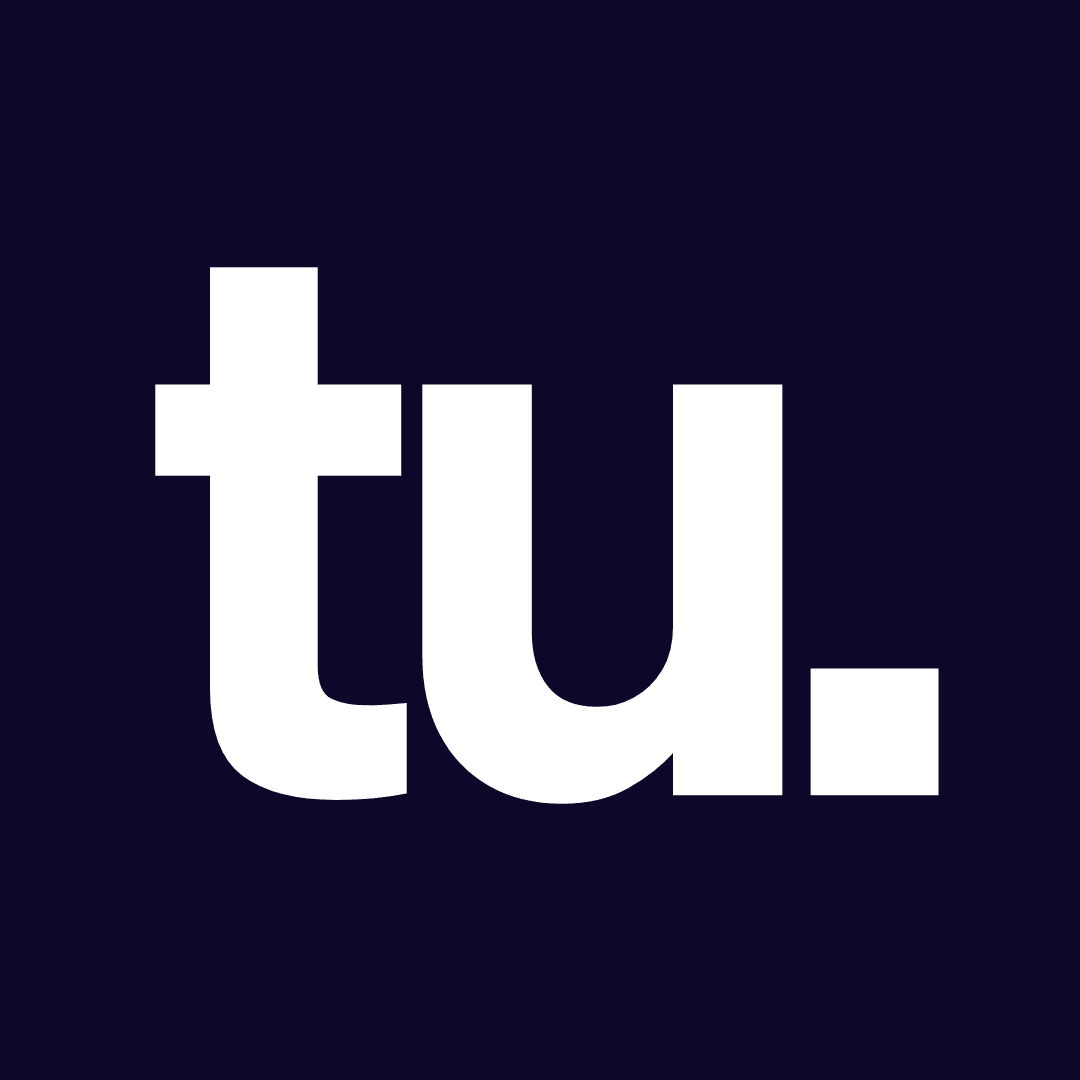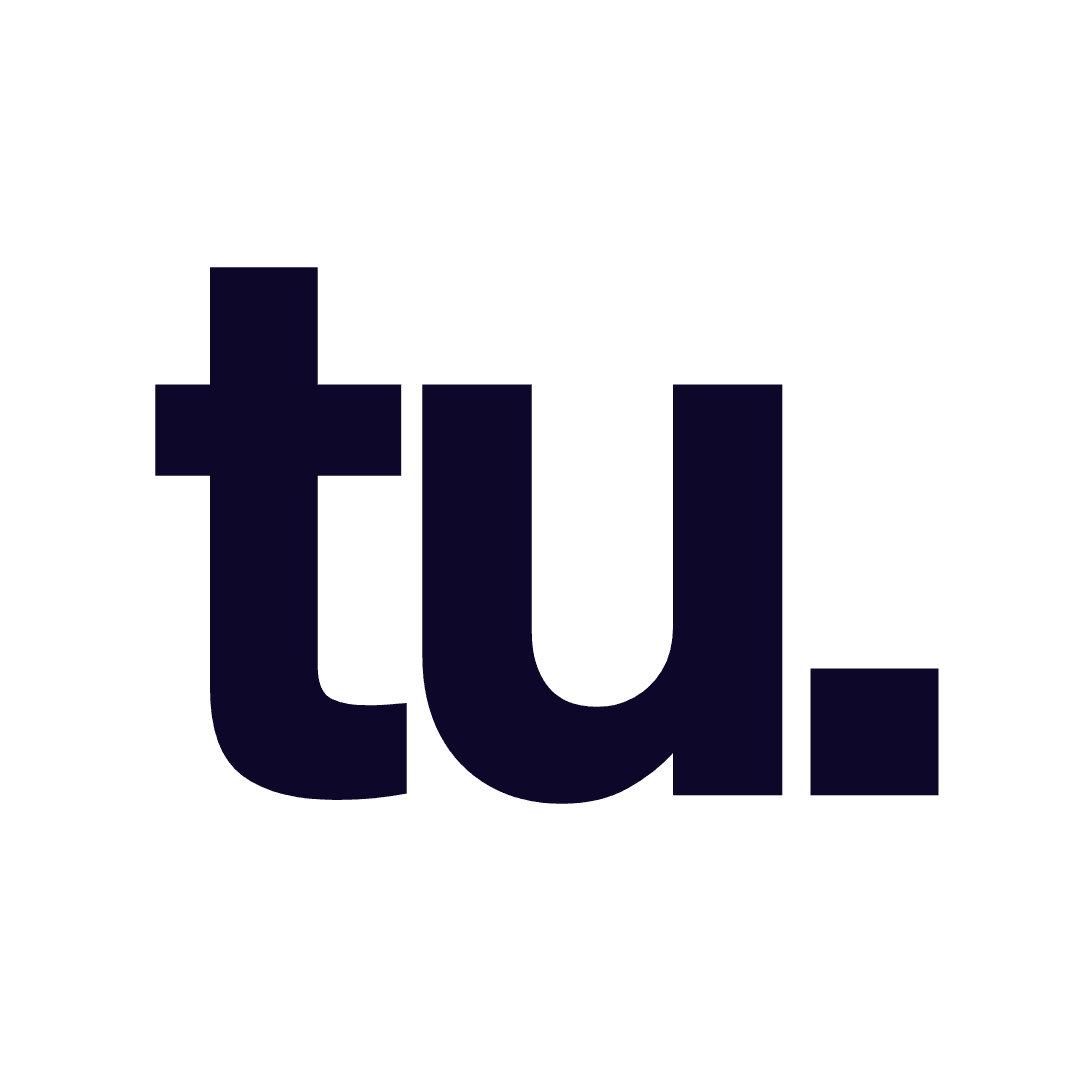The interview process within your job search is a pivotal moment to showcase both your qualifications and potential to make significant impacts within a prospective organization.
The interview offers a unique opportunity to differentiate yourself and transform potential interest into a definitive job offer.
However, navigating this stage effectively requires more than confidence and competence; it demands a strategic approach and a nuanced understanding of the subtleties of communication and persuasion.
The job interview serves as the key juncture at which all your preparation, networking, and application efforts converge. Here, your ability to clearly articulate your value proposition, engage in meaningful dialogue about your experiences and vision, and foster a deeper connection with the interviewers are essential.
But even for high-achievers, the interview can present its fair set of challenges. Missteps here can be costly, yet they are often avoidable with the right preparation and mindset.
Peak performers must adopt a dual focus: avoiding common pitfalls that undermine their interview performance while employing proven strategies that elevate their candidacy from consideration to becoming the clear choice.
As much as it might feel that the interviewers hold full control in the decision-making process regarding receiving a job offer, as the candidate, you too can highly influence that decision.
For example, bringing forward a positive energy, engagement and attitude paired with confident and clear communication can further aid your interviewers to envision what having you on the team would truly look like.
Securing more job offers is not just about focusing on your past but rather, painting a compelling picture of what the future could like like with you in this target role and actively contributing to the mission of the company.
"Opportunities don't happen, you create them." — Chris Grosser.
How you choose to show up, communicate and create connection with your interviewers along the way will be integral components in further favoring the decision to extend a job offer your way.
Here's how.
Mistakes hurting your chances of receiving a job offer
The delicate balance between showcasing your achievements and demonstrating that you are the ideal fit for the prospective role and its company culture goes beyond preparation.
It demands a nuanced understanding of both self-presentation and the ability to anticipate and meet the interviewer's expectations.
The interview process, with its unique pressures, can either propel you forward or stifle your candidacy. By recognizing and avoiding key errors, you will be best positioned to refine your approach to not only elevate your qualifications but also demonstrate a deep alignment with the prospective employer's values and challenges.
Here are 5 mistakes preventing you from nailing tangible job offers following your interviews:
→ Failing to research the company thoroughly: This key pitfall can be the difference between you sharing generic answers versus memorable, impactful ones that solidify your candidacy. Walking into an interview without a deep understanding of the company's challenges, culture, and industry position can leave you unable to tailor your responses to their specific context.
→ Underestimating the value of soft skills: Technical prowess and hard skills alone will not secure the job offer. Failing to demonstrate leadership, communication, and teamwork abilities can be a deal-breaker as these are just a few key soft skills that are viewed as indicators on how you will flourish once hired.
→ Neglecting to prepare strategic questions: Questions are a tool to demonstrate your interest and insight. Generic questions suggest a lack of genuine engagement with the company and role, and interviewers will see through this quickly. Do not bring forward questions that can be easily googled or is public knowledge, but rather dig deeper to show you have done your homework.
→ Not aligning your answers with the company’s values and goals: Your responses should reflect not just your achievements but how they align with what the company values and aspires to achieve. Otherwise, the interviewers may identify a clash between your candidacy and the company's focuses which could hinder your ability to seal the deal.
→ Overlooking the follow-up: A thoughtful follow-up after the interview reiterates your interest and provides an opportunity to reinforce how you are the best fit for the role. It is also a great opportunity to showcase your gratitude and appreciation for the interviews thus far. Neglecting this key step can work against you if they are interviewing multiple candidates at once or if the pool of talent is quite competitive.
3 core strategies to secure more job offers
1/ Demonstrate your alignment with the company mission
In an interview setting, aligning with the company mission goes far beyond your job compatibility. That is just step one in the bigger picture.
Interviewers are of course, looking to fill the position at hand but also looking for someone who can grow within the organization over time.
As peak performers, it is an opportunity to distinguish yourself as someone who can both do the job and embody the ethos and aspirations of the organization you seek to join.
This alignment signifies a deeper connection, suggesting that you are not merely looking for any position, but that you are passionate about this specific role in this specific company because you believe in what they stand for.
This is where you show a shared vision, and how your personal and professional values not only resonate with the company’s mission but how you have lived these values through your actions and decisions up to now in your career.
The importance of this strategy stems from the increasing emphasis companies place on culture fit and value alignment. Organizations are looking for individuals who can contribute to their mission in meaningful ways and help propel their vision forward.
Demonstrating this alignment can make the difference between being viewed as a competent candidate and being seen as an indispensable future member of the team. It is also a testament to the idea that the best relationships—professional and otherwise—are those founded on shared beliefs and mutual goals.
However, articulating this alignment in a way that is genuine and impactful requires preparation and introspection. You do not want to simply regurgitate a mission statement you read on a company website.
Rather, it is an exercise in storytelling where your career narrative should seamlessly intertwine with the company’s mission, presenting a compelling case for why you are not just suitable for the role but are uniquely destined for it.
Here are 5 steps to put this into action:
→ Research and reflect: Start with thorough research into the company’s mission, values, and recent initiatives. Go beyond the website; look at their social media, press releases, recent campaigns, financial reports, and any community outreach programs. Reflect on how these align with your own values and experiences. Identify specific instances in your career where your actions and decisions reflected similar values or contributed to similar missions.
→ Prepare your stories: Based on your reflections, prepare stories that exemplify how you have lived these values in your professional journey. Use my "what, how, result" method to structure your stories, ensuring they succinctly convey your alignment with the company’s mission. Focus on situations that showcase how you have embraced similar challenges, initiated projects, or led teams in a way that mirrors the company’s goals.
→ Articulate your vision: Develop a clear and compelling narrative about why the company’s mission excites you and how you see yourself contributing to it. Be specific about the role you are applying for and how you envision your work supporting and advancing the company’s objectives. This is about painting a vivid picture of the future you hope to help create within the organization.
→ Align your questions: Prepare questions for your interviewers that demonstrate your deep understanding of and commitment to the company’s mission. Ask about current projects, challenges, and the company’s future direction. Your questions should reflect a genuine interest in the company’s mission and an eagerness to contribute to its realization.
→ Communicate your commitment: Throughout the interview, convey a sense of commitment to the company’s mission. This could be through the enthusiasm in your voice, the thoughtful way you articulate your answers, or through direct statements about your desire to contribute to the company’s goals. It is about showing that your interest in the company goes beyond the job itself and extends to a shared vision and shared values.
2/ Engage the interviewer with insightful questions
Engaging the interviewer with insightful and thoughtful questions transforms what could otherwise be a one-sided interrogation into a dynamic conversation, showcasing your depth of understanding, strategic thinking, and genuine interest in the role and organization.
Peak performers understand that this is not merely about asking questions; it is about initiating a dialogue that highlights your distinct abilities, fit within the company culture, and potential to contribute to the company's success.
This further reinforces that you are seeking a role where you can make a meaningful impact, align with the company’s goals, and grow alongside the organization.
Asking impactful questions serves a dual purpose.
Firstly, it provides you with valuable insights into the company’s challenges, culture, and expectations, allowing you to better evaluate the fit for your career aspirations. Secondly, and perhaps more importantly, it leaves a memorable impression on the interviewer. It shows that you have done your homework and are thinking critically about how you can contribute to the company’s future. It positions you as a proactive and engaged candidate who is already considering the ways in which you can bring value to the team.
However, crafting questions that will resonate with the interviewer and underscore your candidacy as exceptional requires foresight and preparation.
Here are 5 steps to follow:
→ Research thoroughly: Before the interview, conduct in-depth research on the company’s recent achievements, challenges, and strategic direction. Understand their products, services, and industry trends. This knowledge will form the basis of your questions.
→ Reflect on your goals and values: Consider what you genuinely want to know about the company, the team you will be working with, and the role itself. Align these inquiries with your professional values and goals to ensure the role is a good fit for both parties.
→ Strategize your questions: Plan your questions to cover different aspects of the role and company—culture, challenges, expectations, and future directions. This will demonstrate your holistic understanding of the company and your deep interest in the role.
→ Time your questions appropriately: While it is important to ask questions, timing them correctly is crucial. Save your most impactful questions for moments in the interview where they can spark meaningful conversations.
→ Listen and adapt: Be attentive to the interviewer’s responses. They may provide information during the interview that prompts additional questions. Showing that you can listen and adapt your inquiries on the fly demonstrates strong communication skills and adaptability.
Here are 10 example questions you can use or inspire from:
“What do you see as the biggest challenges facing the company/department right now, and how could someone in this role help to address them?”
“Can you describe the company’s culture and how you see it evolving in the next 3-5 years?”
“How does this role specifically contribute to the company’s goals, mission, and vision?”
“Could you share more about the team I would be working with and how this role fits within it?”
“What are the expectations for this role during the first 30, 60, and 90 days?”
“How does the company support professional development and career growth for its employees?”
“Can you tell me about a project that the team I would be joining is currently working on?”
“How does the company incorporate feedback from employees in decision-making processes?”
“What are the most significant opportunities the company sees in the near future, and how can this role contribute to leveraging these opportunities?”
“How do you measure success for this position, and what would exceed your expectations in the first year?”
3/ Build your internal allies
The interview process is not just a series of conversations with potential managers. It is an opportunity to forge connections with future colleagues and other stakeholders who can become champions for your candidacy.
This approach transforms the traditional interview dynamic so you become a prospective team member already building relationships and showcasing how you can contribute to the collective success.
Creating a network of internal allies enhances your understanding of the role and the company culture, while demonstrating your proactive approach to collaboration.
When team members, not just hiring managers, envision you as a fitting addition to their work environment, they can advocate on your behalf, increasing your chances of receiving a job offer. It also helps you to make a memorable impact through your interpersonal interactions and the potential for positive contributions to the team's dynamics.
Moreover, engaging with potential colleagues throughout the interview process allows for a deeper dive into the nuances of the role and the challenges and opportunities the team faces.
This insight enables you to further tailor your discussions, questions, and ultimately, your final interviews to address these specific aspects, highlighting a level of insight and preparation that sets you apart from other candidates.
Peak performers leverage strategic networking to showcase their initiative, ability to integrate into diverse teams, and commitment to contributing to the company's goals from day one.
Here are 5 action steps to help you in this:
→ Identify key stakeholders: Research and identify potential team members, other department stakeholders, and even future peers you might interact with in the role. Use LinkedIn, company websites, and industry events to gather information about these individuals and their roles within the organization.
→ Engage during interviews: When given the opportunity, express your desire to meet or interact with potential team members as part of the interview process. This can be framed as a desire to understand the team dynamic and how you can best contribute to ongoing projects and goals.
→ Identify success metrics: Given that these stakeholders may be a few or several steps ahead of you within your target organization, inquire about what has led to their success, what attributes are most valued in your target role internally, and what you can further reinforce to solidify your candidacy for the role.
→ Follow-up thoughtfully: After any interaction with potential colleagues, send personalized thank-you notes or emails. Mention something specific from your conversation to reinforce your genuine interest and the potential value you see in working together.
→ Leverage informal channels: If appropriate, engage with the company and its employees on professional social networks or at industry events. Commenting on company posts or participating in discussions can increase your visibility and show your active interest in relevant topics, even beyond the interview itself.
How will you secure more job offers?
Mastering the interview process to secure more job offers hinges on demonstrating alignment with the company's mission, engaging interviewers with insightful questions, and building internal allies. Each approach plays a critical role in distinguishing you as not just a capable candidate, but as an invaluable future team member who shares the organization's vision, proactively seeks to understand and address its challenges, and is already forging positive connections within the team.
You've got this!
PS. Have you been struggling to land your next job offer? Simply reply back to this newsletter to let me know more about that so I can help.
Free Peak Performers newsletter
Practical career tips that actually work.
Every Monday and Friday, get easy-to-use strategies and scripts to land better roles, faster promotions and more growth (and look great in front of your boss).
100% free • unsubscribe anytime.



